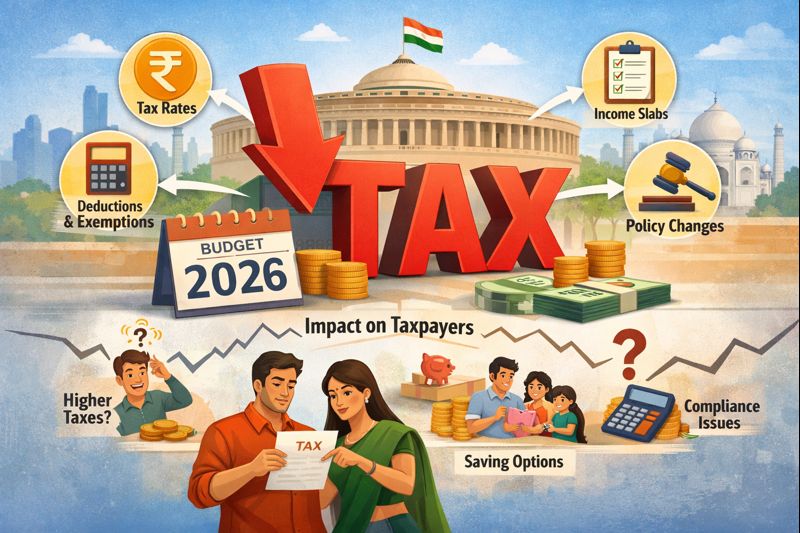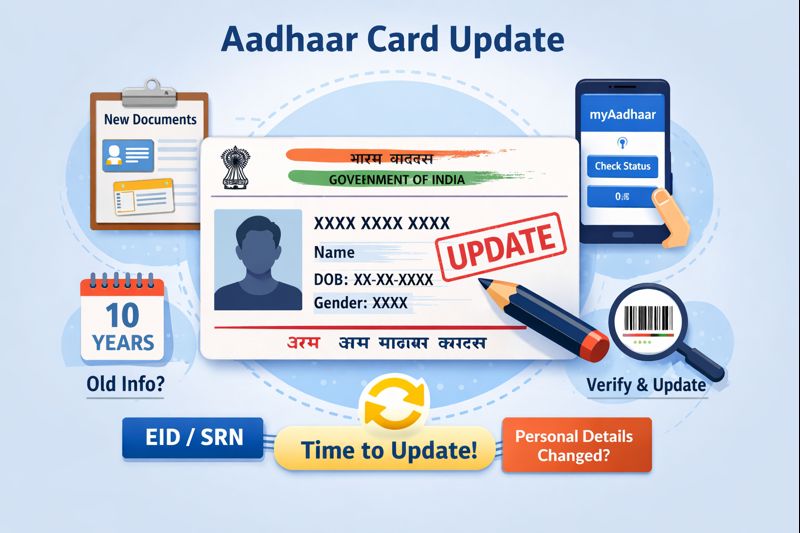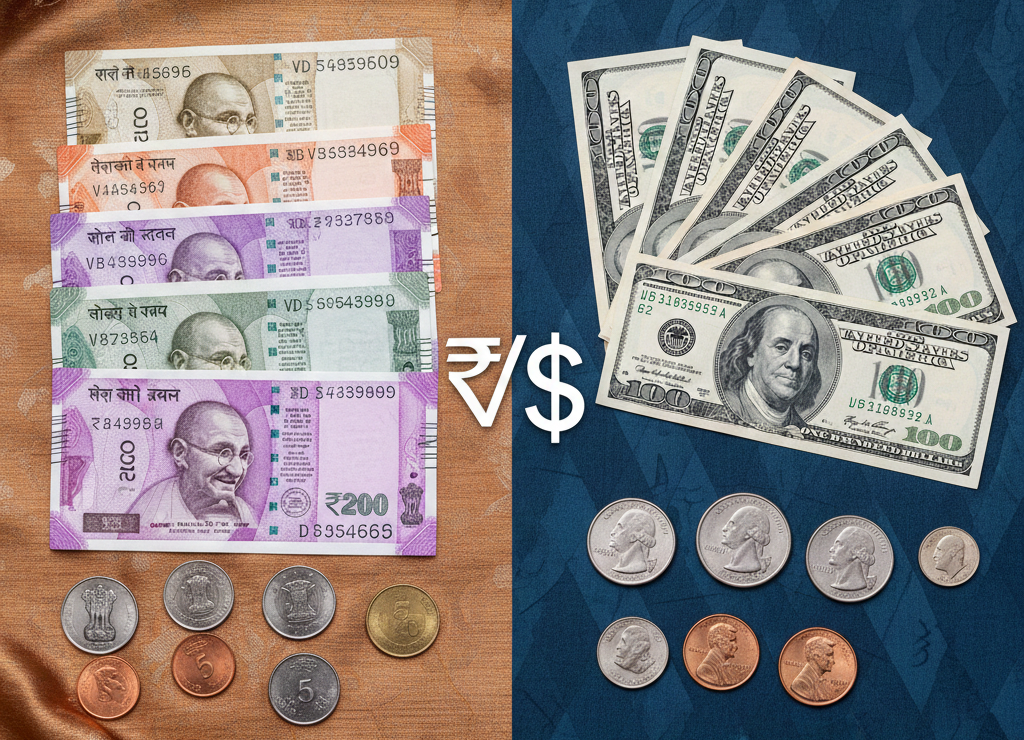The term “Electoral Bond” has recently captivated the attention of many, particularly as the anticipation builds for the upcoming General Elections of 2024. However, this surge in interest is no mere coincidence. Ever since their introduction in 2017 via the Finance Act of 2017 by the Government of India and implemented in 2018, Electoral Bonds have steadily risen in prominence within electoral processes. Its influence has notably escalated since 2019, shaping and impacting elections in significant ways.
On February 15, 2024, the Indian Supreme Court made a big decision. They said no to the Central government’s Electoral Bonds Scheme 2017 and stopped the selling of electoral bonds right away. They also demanded sheer transparency from the State Bank of India (SBI) and the Election Commission of India (ECI). After the court’s order, the SBI gave details of electoral bond transactions from April 12, 2019, to now, on March 12, 2024. The ECI has to share this information on its official website by March 15, 2024. This honesty is important because it reveals the secret dealings that have influenced politics lately.
What are Electoral Bonds?
Electoral Bonds were introduced by the Indian Government in 2017 to enhance the transparency of political donations. These instruments enable individuals and corporations to contribute funds to political parties anonymously, thereby promoting transparency in political financing.
Electoral bonds come in different amounts like Rs 1,000, Rs 10,000, Rs 1 lakh, Rs 10 lakh, and Rs 1 crore. People and businesses can buy these bonds through a verified account to help political parties financially. Since these bonds don’t have the donor’s name, whoever holds the bond is considered its owner. Anyone can get these bonds to support political parties, and the parties must cash them within a set time using special bank accounts.
How Political Funding is Regulated in Indian and Western Democracies?
When considering different democratic nations such as the US, Canada, Germany, and India the regulations surrounding election funding play a crucial role. They can provide valuable insights for establishing guidelines to oversee funding practices. In many countries, there is a requirement for transparency in political donations above a certain threshold, often necessitating public declarations.
1. United States of America – In the United States, campaign laws mandate that contributions above $200, along with information about the donors, must be regularly reported to the Federal Election Commission.
2. Canada – In Canada, only citizens or permanent residents are allowed to make contributions for election purposes; everyone else is prohibited from doing so.
3. Germany – In Germany, the Political Parties Act of 1967 established a public financing system for political parties. This system increases transparency by disclosing publicly all donations above EUR 10,000 (USD 11,000) which helps to promote fairness during elections. Additionally, a party cannot receive more state funding than its own revenue generated in a year.
4. India – India’s electoral bonds scheme allowed anonymous and unlimited political donations until the Supreme Court intervened on 15th February 2024. Regulating political funding is crucial for a well-functioning democracy, requiring both strong political will and robust institutional oversight. Balancing regulation and transparency are essential to protect citizens’ rights.
Which Political Parties in India got the highest funds from Electoral Bonds in 2024?
According to information published by the Election Commission on its website, the Bharatiya Janata Party, Trinamool Congress, and Congress are among the leading beneficiaries of electoral bonds.
After the Supreme Court’s order, the State Bank of India shared electoral bond data with the election body, which was then made public. According to this data, the BJP received over ₹6,061 crore, the TMC got ₹1,610 crore, and the Congress received ₹1,422 crore through electoral bonds.
| Name of the Political Party | Amount (₹ in Crores) | % | Bonds Encashed | % |
| Bhartiya Janta Party | 6,060.51 | 47.4 | 8,633 | 42.28 |
| All India Trinamool Congress | 1,609.53 | 12.6 | 3,305 | 16.18 |
| President All India Congress Committee | 1,421.86 | 11.14 | 3,146 | 15.41 |
| Bharat Rashtra Samithi | 1,214.70 | 9.51 | 1,806 | 8.84 |
| Biju Janata Dal | 775.5 | 6.07 | 861 | 4.22 |
| Dravida Munnetra Kazhagam | 639 | 5 | 648 | 3.17 |
| YSR Congress Party | 337 | 2.64 | 472 | 2.31 |
| Telugu Desam Party | 218.88 | 1.71 | 279 | 1.37 |
| Shivsena (Political Party) | 158.38 | 1.24 | 354 | 1.73 |
| Rastriya Janta Dal | 72.5 | 0.57 | 149 | 0.73 |
| Aam Aadmi Party | 65.45 | 0.51 | 245 | 1.2 |
| Janata Dal (Secular) | 43.5 | 0.34 | 75 | 0.37 |
| Sikkim Krantikari Morcha | 36.5 | 0.29 | 50 | 0.24 |
| Nationalist Congress Party | 30.5 | 0.24 | 116 | 0.57 |
| Jana Sena Party | 21 | 0.16 | 39 | 0.19 |
| Adyaksha Samajvadi Party | 14.05 | 0.11 | 46 | 0.23 |
| Bihar Pradesh Janta Dal (United) | 14 | 0.11 | 14 | 0.07 |
| Jharkhand Mukti Morcha | 13.5 | 0.11 | 45 | 0.22 |
| Shiromani Akali Dal | 7.2 | 0.06 | 33 | 0.16 |
| All India Anna Dravida Munnetra Kazhagam | 6.05 | 0.05 | 38 | 0.19 |
| Sikkim Democratic Front | 5.5 | 0.04 | 10 | 0.05 |
| Shivsena | 1 | 0.01 | 1 | 0.004 |
| Rashtriya Janta Dal | 1 | 0.01 | 1 | 0.004 |
| Maharashtrawadi Gomntak Party | 0.55 | 0.004 | 28 | 0.13 |
| Nationalist Congress Party Maharashtra Pradesh | 0.5 | 0.003 | 5 | 0.024 |
| Jammu and Kashmir National Conference | 0.5 | 0.003 | 5 | 0.024 |
| Goa Forward Party | 0.35 | 0.002 | 17 | 0.083 |
| Grand Total | 12,769.01 | 100 | 20,421 | 100 |
List of top Buyers of Electoral Bonds 2024
- Future Gaming and Hotel Services – ₹1,368 crore
- Megha Engineering and Infrastructure Ltd – ₹966 crore
- Qwik Supply Chain Private Ltd – ₹410 crore
- Vedanta Ltd – ₹400 crore
- Haldia Energy Ltd – ₹377 crore
- Bharati Group – ₹247 crore
- Essel Mining and Industries Ltd – ₹224 crore
- Western UP Power Transmission – ₹220 crore
- Keventer Foodpark Infra Ltd – ₹194 crore
- Madanlal Ltd – ₹185 crore
- DLF Group – ₹170 crore
- Yashoda Super Speciality Hospital – ₹162 crore
- Utkal Alumina International – ₹145.3 crore
- Jindal Steel and Power Ltd – ₹123 crore
- Birla Carbon India – ₹105 crore
- Rungta Sons – ₹100 crore
- Dr Reddy’s – ₹80 crore
- Piramal Enterprises Group – ₹60 crore
- Navyuga Engineering – ₹55 crore
- Shirdi Sai Electricals – ₹40 crore
- Cipla Ltd – ₹39.2 crore
- Lakshmi Niwas Mittal – ₹35 crore
- Grasim Industries – ₹33 crore
- Jindal Stainless – ₹30 crore
- Bajaj Auto – ₹25 crore
- Sun Pharma Laboratories – ₹25 crore
- Mankind Pharma – ₹24 crore
- Bajaj Finance – ₹20 crore
- Maruti Suzuki India – ₹20 crore
- Ultratech – ₹15 crore
- TVS Motors – ₹10 crore
- Edelweiss Group – ₹4 crore
Which four financial Service firms acquire Bonds worth Rs.87 Crore?
Between April 1, 2019, and January 2024, financial services firms such as Bajaj Finance, Piramal Enterprises, and Edelweiss Group collectively acquired electoral bonds amounting to ₹87 crore. Piramal Enterprises, PHL Finvest Pvt Ltd, and Piramal Capital and Housing Finance procured bonds worth ₹60 crore during this timeframe. Following this, three subsidiaries of the Edelweiss Group purchased bonds worth ₹4 crore, while Bajaj Finance acquired bonds worth ₹20 crore, according to information released by the Election Commission of India on Thursday evening. Additionally, gold loan financier Muthoot Finance obtained electoral bonds valued at ₹3 crore during the same period.
What are the Eligibility Criteria for Electoral Bonds?
Individuals, entities, and corporations in India have the option to procure electoral bonds from authorized branches of the State Bank of India (SBI). These bonds can be purchased individually or jointly, but only through Know Your Customer (KYC)—compliant accounts, with the intention to donate to a political party.
The eligibility for buying electoral bonds extends to various entities:
- Hindu Undivided Family (HUF)
- Companies
- Firms
- Associations of Persons (AOP) or Bodies of Individuals (BOI), regardless of their incorporation status
- Any other artificial juridical person
- Offices, agencies, or branches controlled or owned by an artificial juridical person
Are there any Tax Implication on Electoral Bonds?
Section 80GG and Section 80GGB of the Income Tax Act, of 1961 state that contributions made by any individual or entities through electoral bonds are tax exempted. Political parties can accept donations in accordance with the regulations outlined in Section 13A of the Income Tax Act.
Benefits of Electoral Bonds
1. Transparency: Electoral bonds contribute to transparency in political financing by directing donations through banking channels, enhancing traceability and accountability in the process.
2. Anonymous – Contributors have the option to remain unidentified while using electoral bonds for donations, preserving their privacy and shielding themselves from potential consequences.
3. Legitimization – Electoral bonds offer a lawful and authorized avenue for political contributions, thereby mitigating the influx of illicit or unaccounted funds into the political arena.
4. Promoting Engagement: Electoral bonds have the potential to foster increased involvement from diverse individuals and entities in the political sphere, offering a secure and regulated platform for making contributions.
5. Lesser Cash Transactions – Electoral bonds aid in diminishing cash transactions involved in political funding, thereby alleviating the risks of corruption and influence peddling linked with unrecorded cash flows.
FAQs
Q1. Is Electoral Bond a Donation?
Ans. Electoral bonds have emerged as a significant avenue for political funding, enabling contributors to donate anonymously via certificates acquired from the SBI.
Q2. How much money BJP get through Electoral Bonds?
Ans. Between April 2019 and February 2024, the Bharatiya Janata Party redeemed electoral bonds totaling ₹6060 crore, providing a substantial financial injection during different electoral periods.
Q3. Who can accept Electoral Bonds?
Ans. Political Parties registered under Section 29A of the Representation of the People Act, 1951 (43 of 1951), can accept Electoral Bonds.
Q4. Is Electoral Bond an Investment?
Ans. An electoral bond functions as a financial instrument utilized for contributing funds to political parties. These bonds can also be issued by the general public to support eligible political parties.
Q5. Is the Electoral Bond similar to other Bonds available in the Market?
Ans. No, Electoral bonds differ from traditional bonds available in the market.
Q6. Are Electoral Bonds interest-free?
Ans. Electoral bonds were interest-free bearer bonds or monetary instruments that could be acquired by companies and individuals in India from authorized branches of the State Bank of India (SBI).
Q7. What is the Supreme Court order on Electoral Bonds?
Ans. In a major decision, the Chief Justice Chandrachud-led bench on February 15 declared the electoral bonds scheme unlawful, stating that anonymous bonds go against the right to information in the Constitution.







